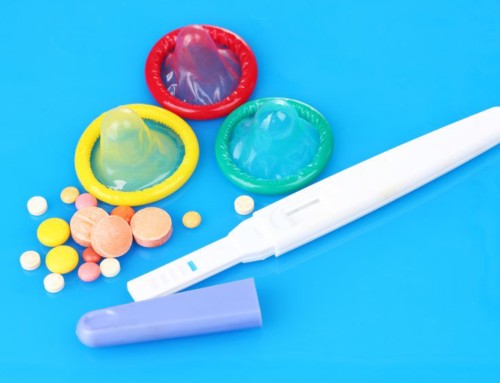
Does Menopause Cause Diabetes?
While menopause doesn’t directly cause diabetes, the hormonal changes of menopause can increase the risk of developing diabetes. Women who are going through menopause and already have diabetes are also at higher risk of diabetes complications. Here are some changes to expect and ways to minimize risk during the menopause transition.
The age range for increased risk
Diabetes is the number six reason for mortality in women ages 45 to 54, and the fourth reason in women ages 55 to 64. This is the prime age range when women begin menopause, with the average age at 51. Around menopause age, many women are also diagnosed with type 2 diabetes for the first time, and it can be tricky to figure out how to manage both conditions at the same time. For this reason, between the ages of 45 and 64, it’s vital to maintain a healthy weight, choose healthy foods, and incorporate regular exercise into a daily routine.
Why is my blood sugar on a roller coaster?
Estrogen and progesterone affect how the body processes insulin. Thus, the hormonal changes in menopausal women can trigger blood sugar that is much less stable than normal. Women going through menopause need to keep a close eye on their blood sugar. Even if a woman has spent years monitoring her blood sugar, hormonal fluctuations during menopause will cause unexpected blood sugar changes. If blood sugar gets out of control, it can lead to many serious health complications.
The dreaded weight gain
Higher weight or fluctuating weight has a significant impact on diabetes management. During menopause, many women have a harder time maintaining their weight, and may experience weight gain. This can increase the need for diabetes medications or insulin. It can be tempting to put off changing behaviors, assuming that the weight will come off eventually. However, taking action is important. Diabetes that goes unmanaged can lead to heart disease, numbness in the feet, hypertension, and other health complications. Those who have prediabetes increase their risk of developing diabetes when they gain weight, so this is also important for women in menopause to know.
Is it a hot flash or low blood sugar?
Some symptoms of menopause can be confused with diabetes symptoms, making both conditions harder to control. Dizziness, hot flashes and sweating, and mood changes can all be symptoms of menopause, but they also can be indicative of high or low blood sugar. Women who are going through menopause need to be vigilant about staying on top of their blood sugar levels since it can be hard to distinguish between some menopause and diabetes symptoms.





